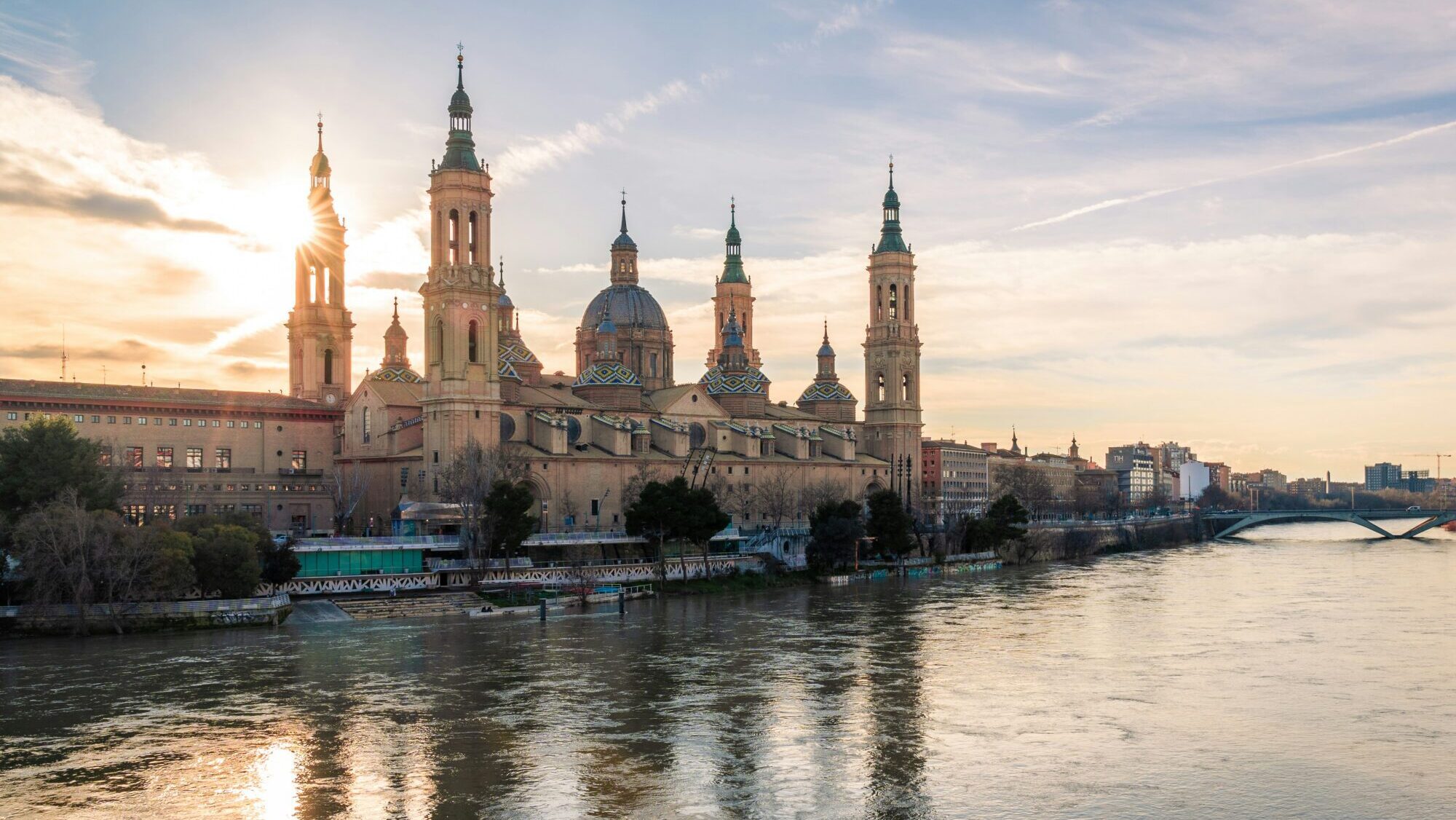
The regional parliament of Aragón in Spain has repealed the controversial Democratic Memory Law.
The previous socialist-led regional parliament passed the law in 2019. It provided for a range of programs surrounding the regional history of the Spanish Civil War that lasted from 1936 to 1939, including a research center, recreation of cultural routes, and history curriculum in schools. It also included a definition of victims of the civil war that effectively made only those killed by the nationalist side in the conflict—led by Francisco Franco—official victims of the war with the corresponding right to be remembered as such.
According to proponents of the repeal, this law had clear ideological aspects that distorted the facts of history and would have left the stories of many victims untold. Hence the clause that states administrations “must guarantee citizens the means and free access to sources, so that the historical past is analyzed freely without slogans, censorship or any conditioning,” in the text repealing the 2019 law.
The now defunct legislation “discriminates against some victims against others and for this reason it must be repealed,” Ana Marín, a deputy with the Partido Popular said during the parliamentary debate.
The region’s vice president, Alejandro Nolasco (VOX), called the law “sectarian” and “biased.”
Nolasco said the law only served to “sow division and confrontation among the Aragonese on a fratricidal tragedy by imposing an ideological account [of it].”
👏 #Aragón es más libre hoy que ayer
— Alejandro Nolasco (@_a_nolasco) February 1, 2024
Lo dijimos en campaña y demostramos que cuando @vox_es está en los gobiernos se CUMPLE con el programa de VOX.
👉 Hoy hemos derogado la liberticida y sectaria Ley de Memoria Democrática de Aragón #VOXCumple 🟢👍 pic.twitter.com/sTxJv1MyqT
Undoing the law was part of the pact between VOX and the center-right Partido Popular when they formed the regional government following elections in May 2023.
Repealing the law will not prevent the continued work of finding unmarked graves—many of them mass graves of soldiers from the losing republican side—and helping families to find the remains of loved ones who disappeared or were known to have been killed in the war.
The repeal text states, “it will not prevent public administrations from providing citizens and associations with the search, exhumation, documentation and honor of victims of war or repression, whatever the side on which they militated, their ideology or other personal circumstances.”
